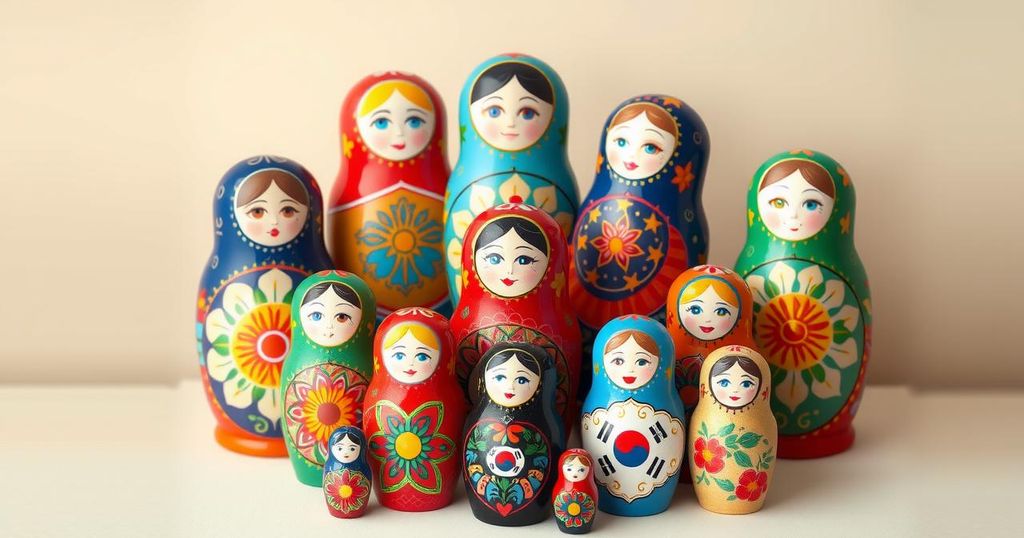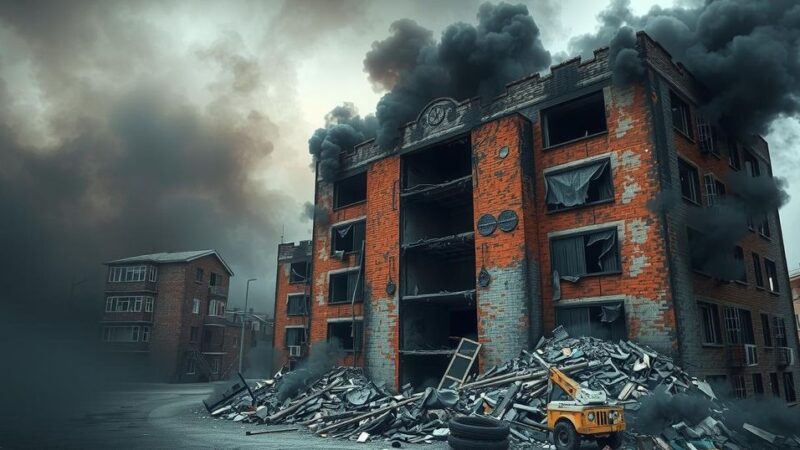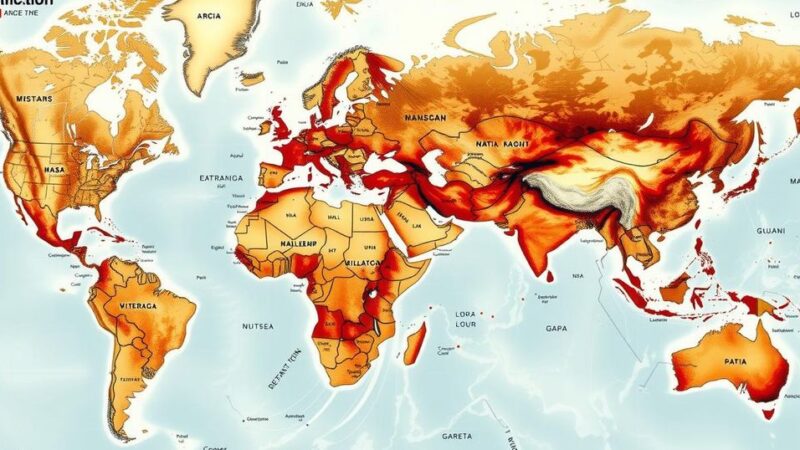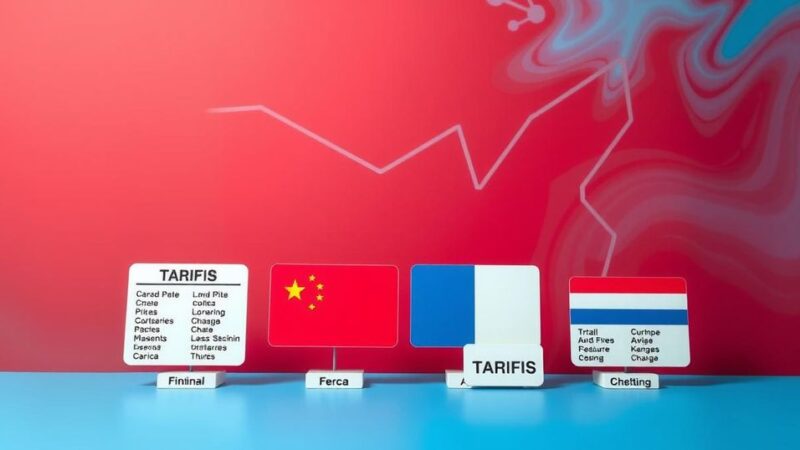Ukrainian and South Korean diplomats discussed the repatriation of North Korean prisoners of war. South Korea’s Foreign Minister confirmed willingness to accept them, as they are considered citizens. North Korean soldiers are crucial in the ongoing Ukraine-Russia war, raising concerns over potential repercussions for Seoul.
Ukrainian and South Korean diplomats engaged in discussions regarding the repatriation of North Korean prisoners of war. This communication took place via phone on Monday, as reported by Yonhap News Agency. Newsweek attempted to contact both the Ministry of Foreign Affairs of Ukraine and the South Korean embassy in the United Kingdom for comments regarding this matter.
The situation is critical due to North Korean troops’ involvement in the war against Ukraine, particularly amidst a manpower shortage for Russia. South Korea’s acceptance of these prisoners could provoke backlash from both North Korea and Russia, given its history of admitting 34,000 North Korean defectors since the late 1990s.
During the conversation, South Korea’s Foreign Minister Cho Tae-yul expressed a willingness to accept the North Korean prisoners, as they are recognized as citizens under South Korean law. He also indicated that Seoul would acknowledge their defection should they express such intent.
In January, Ukraine captured its first two North Korean soldiers, who received medical treatment before being taken into custody by the Security Service of Ukraine. A previous instance involved a wounded North Korean soldier who later succumbed to his injuries. Notably, the National Intelligence Agency of South Korea reported that the captured DPRK soldiers did not seek asylum in South Korea.
The presence of North Korean troops in the war was first confirmed by NATO Secretary-General Mark Rutte, with estimates suggesting around 12,000 soldiers have been deployed. In late February, Ukrainian reports indicated that approximately 4,000 of these troops had been injured or killed during combat activities.
This development comes amidst ongoing concerns expressed by South Korea regarding North Korea’s military contributions to Russia, particularly after over 1,000 North Korean soldiers were reported killed in December 2024. It has been noted that North Korean soldiers have been crucial in Russia’s recent military operations in Ukraine.
Recently, Ukrainian Foreign Minister Andrii Sybiha tweeted about his constructive dialogue with South Korean officials, highlighting collaboration against the backdrop of increasing Russia-DPRK relations, which pose significant security threats. Yeonmi Park, a North Korean defector, criticized Ukraine’s alleged attempts to negotiate arms trades for the prisoners, calling it a violation of international law.
Ukrainian President Volodymyr Zelensky acknowledged the capture of the North Korean soldiers, emphasizing the danger faced by these individuals from their own military. He praised the Ukrainian forces responsible for their capture and ensured they would receive necessary medical care and access for journalists to document their condition. As of now, North Korea has not officially responded to South Korea’s offer regarding its prisoners.
The discussions between Ukrainian and South Korean diplomats over the fate of North Korean prisoners of war underscore the complex geopolitical dynamics at play. As both nations navigate the intricacies of wartime alliances and humanitarian obligations, the potential repercussions of accepting these prisoners remain uncertain. Despite Seoul’s willingness to take in the soldiers, ongoing tensions with North Korea and Russia introduce significant challenges, necessitating careful consideration of international laws and humanitarian principles.
Original Source: www.newsweek.com






